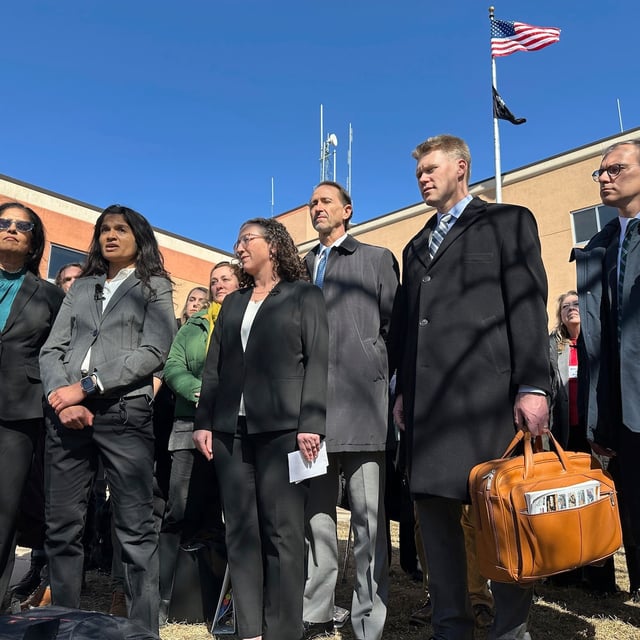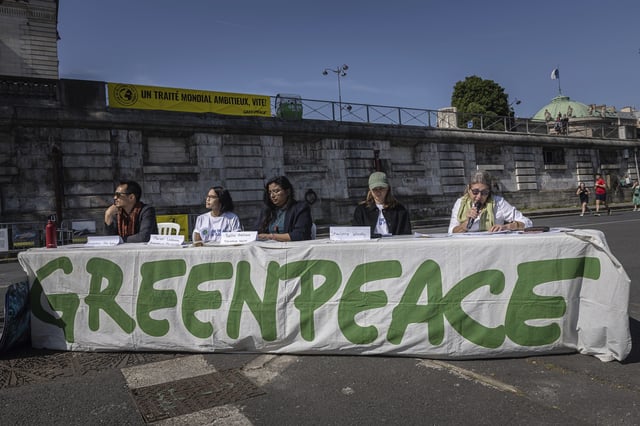Overview
- The jury awarded over $650 million in damages to Energy Transfer, marking a significant financial blow to Greenpeace.
- The lawsuit accused Greenpeace of defamation, trespass, nuisance, and conspiracy related to the Dakota Access Pipeline protests in 2016 and 2017.
- Greenpeace plans to appeal the decision, citing threats to First Amendment rights and the potential chilling effect on activism.
- Critics have labeled the lawsuit a Strategic Lawsuit Against Public Participation (SLAPP), designed to silence dissent and burden defendants financially.
- Concerns were raised about the fairness of the trial, including jury ties to the fossil fuel industry and the local court's rejection of venue change requests.



